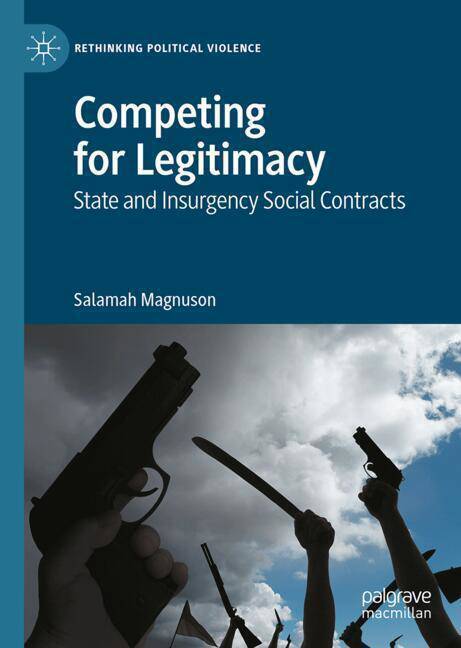
- Afhalen na 1 uur in een winkel met voorraad
- Gratis thuislevering in België vanaf € 30
- Ruim aanbod met 7 miljoen producten
- Afhalen na 1 uur in een winkel met voorraad
- Gratis thuislevering in België vanaf € 30
- Ruim aanbod met 7 miljoen producten
Zoeken
€ 147,95
+ 295 punten
Omschrijving
This book answers the question of why and how people form bonds with each other and with insurgent groups in fragile state contexts. It develops an overarching framework depicting a political social contract, presents the Grievance-Driven Pathway as one way through which a reformist insurgency-society contract can form, and conducts a systematic comparison using two novel case studies not yet evaluated in insurgency literature, the UFDR in the Central African Republic and the SLM/A in Darfur, Sudan. The core claim is that perceptions of legitimacy across the four social contract elements lead to consent to form the intangible "bond" and foster societal and political trust. Studying social contracts--specifically the interaction between state-society contracts and reformist insurgency-society contracts--facilitates a greater understanding of what constitutes legitimacy in the twenty-first century and how perceptions of illegitimacy can lead to a breakdown of trust and the outbreak of violent conflict.
Specificaties
Betrokkenen
- Auteur(s):
- Uitgeverij:
Inhoud
- Aantal bladzijden:
- 270
- Taal:
- Engels
- Reeks:
Eigenschappen
- Productcode (EAN):
- 9783031875175
- Verschijningsdatum:
- 24/06/2025
- Uitvoering:
- Hardcover
- Formaat:
- Genaaid
- Afmetingen:
- 148 mm x 210 mm

Alleen bij Standaard Boekhandel
+ 295 punten op je klantenkaart van Standaard Boekhandel
Beoordelingen
We publiceren alleen reviews die voldoen aan de voorwaarden voor reviews. Bekijk onze voorwaarden voor reviews.











